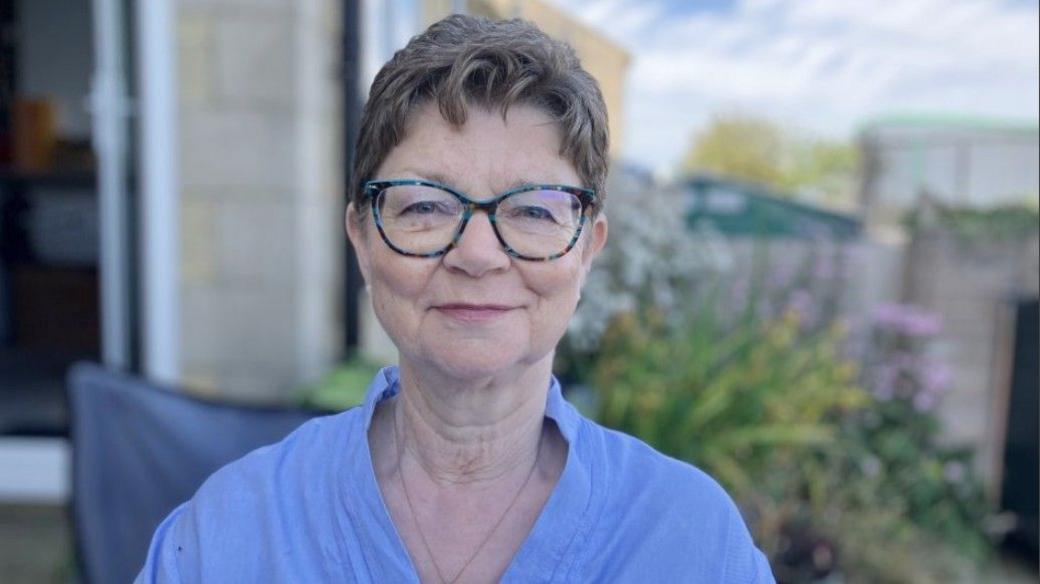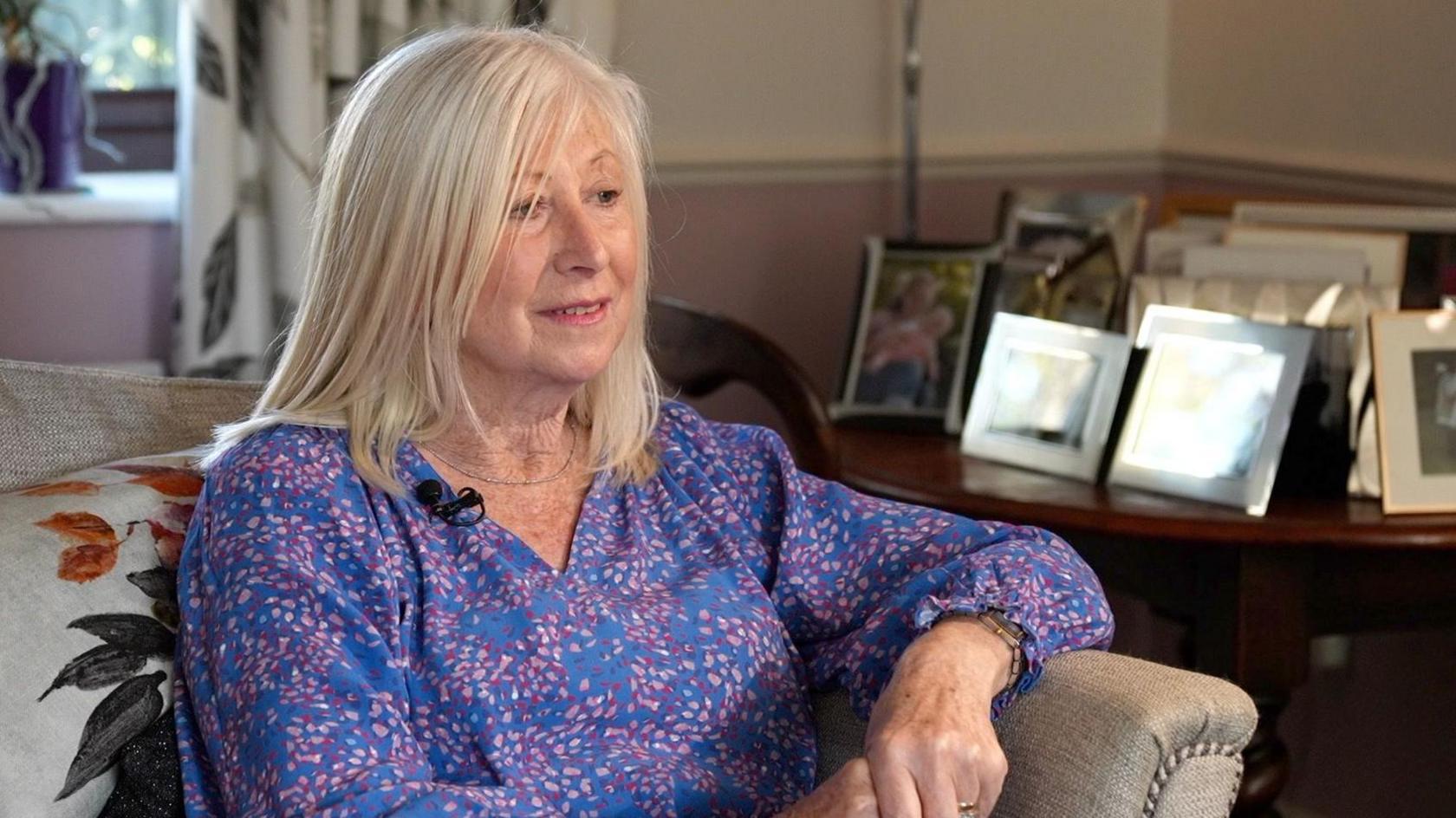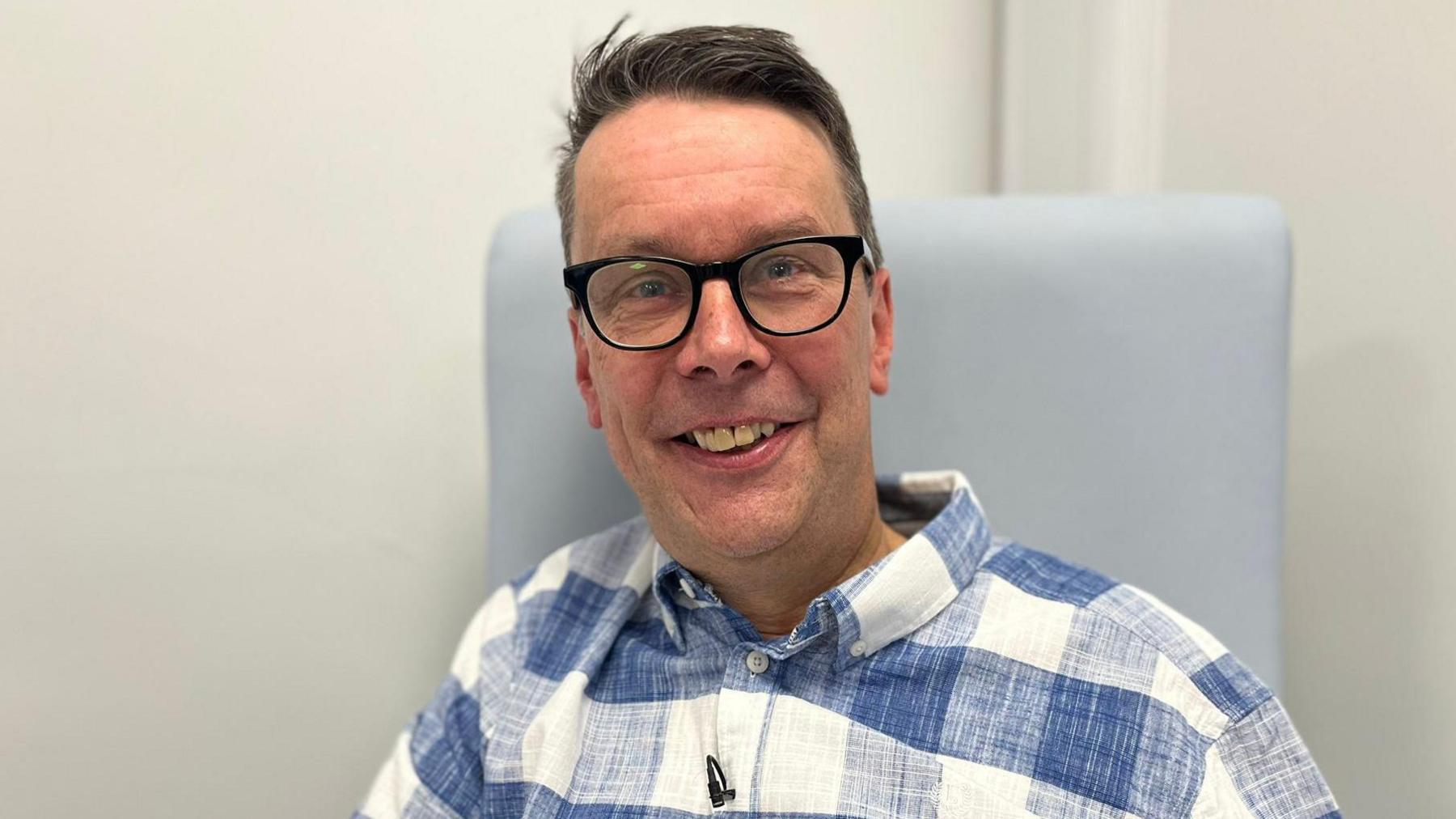University-led team gets £3.8m for cancer research

The four-year project will train 14 doctoral researchers across Europe
- Published
A university-led team has received £3.8m to develop new treatments for cancer and chronic inflammation.
The consortium, made up of 10 academic research groups, will be led by the University of Southampton.
The funding from the Horizon Europe Marie Skłodowska-Curie Actions (MSCA) programme will be used to advance treatments for lung cancer, blood cancers and chronic inflammation.
The four-year project called "ON-TRACT" will train 14 doctoral researchers across Europe for careers in the life sciences sector, with three researchers hosted in Southampton.
They will focus on treatments using Oligonucleotides (ONs), which are lab made strands of DNA and RNA, which can be used to send genetic messages to cells and tell them to stop making harmful proteins.
They are currently only used for a handful of rare diseases but can act as a way of shutting off cancers at their source.
The researchers will work on finding ways to deliver ONs to the right cells, make the medicine in a more sustainable way and test them using tiny lab-grown mini-organs instead of animals.
'More effective treatments'
"Oligonucleotides are an exciting area of medicine because they don't just treat the symptoms, they go to the genetic root of the disease," says Dr Eugen Stulz, associate professor in chemistry and chemical engineering at the University of Southampton.
"Although these treatments show promise, they face several challenges because they break down easily in the body, are difficult to deliver, and can cause unwanted side effects.
"Our new project... aims to fix these issues to create safer, more effective treatments that could help patients in the near future."
Get in touch
Do you have a story BBC Hampshire & Isle of Wight should cover?
You can follow BBC Hampshire & Isle of Wight on Facebook, external, X, external, or Instagram, external.
Related topics
- Published8 September

- Published11 April

- Published13 June
